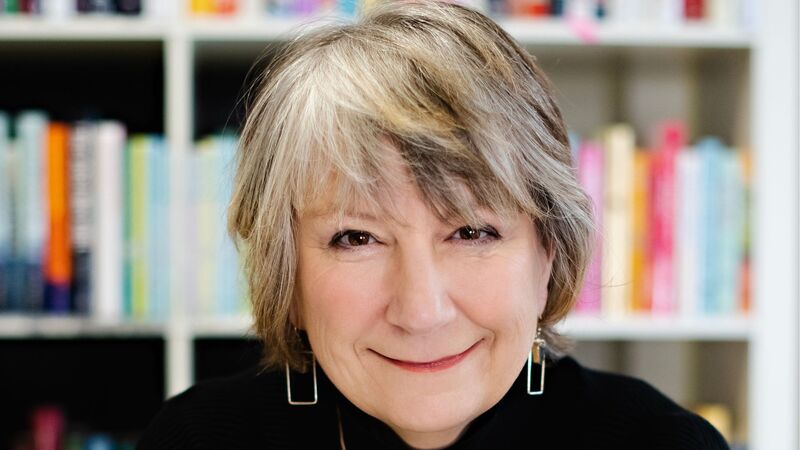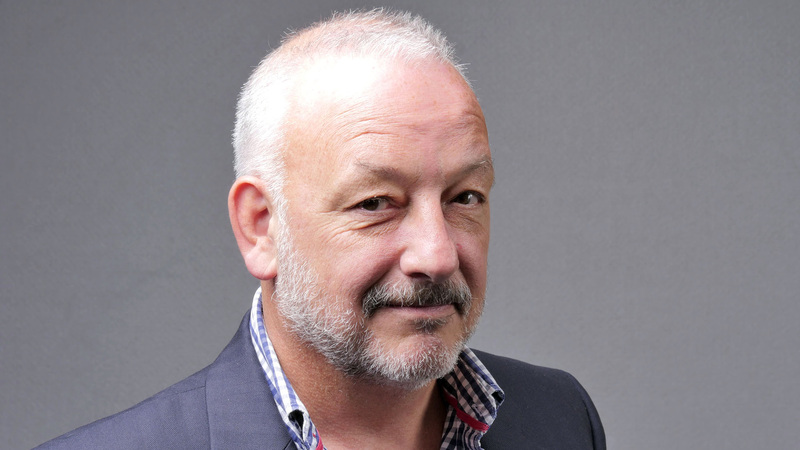You are viewing your 1 free article this month. Login to read more articles.
Carbon offsetting 'a viable solution' for independent publishers
Carbon offsetting is a viable solution for independent publishers wishing to improve their sustainability, Martin Klopstock, operations director at Kogan Page has told a London Book Fair seminar.
Speaking at the online fair this week, he said when the publisher first looked at sustainability, it realised there was a very important distinction between carbon neutrality and net zero carbon emissions.
"Net zero carbon emissions literally means that the carbon emissions have been measured and reduced to zero, literally zero," he said. However, this approach was "not feasible" for a small independent publisher, which does not own the sources associated with creating the emissions, he said.
The alternative was carbon neutrality, achieved through carbon offsetting. He told delegates: "You can try and source cleaner energy for your building, but often we rent those premises and it's the landlords that deal with a power supplier that governs your carbon footprint there. So offsetting in the short term is I think a very viable approach because you can have a lot of choice on what offset schemes to join and which organisations to partner with. While you're doing that it raises awareness of the issue of your own business' carbon footprint."
He also said it was important to work with printers who are internationally accredited and Forest Stewardship Council-certified in order to guarantee they use paper from sustainable sources and their operations run in a sustainable way.
Siena Parker, social impact director at Penguin Random House, noted the publisher's supply chain was responsible for its biggest carbon impact, and that was where it needed to focus most of its efforts.
PRH has set a target of net neutrality by 2030 and is climate neutral in all of its direct operations as of the beginning of this year. She also emphasised the ability of publishers to use the power of their books and authors to amplify the climate emergency, which was echoed by Thea Sherer, director of group communications and sustainability at Springer Nature.
Sherer said the publisher was using the UN's 17 sustainable development goals to inform its strategy. It is now carbon neutral for offices, fleets and flights and has a target of net zero carbon by 2040. However, it also uses "high-quality carbon offsets" where it is unable to reduce carbon use at the moment.
She said it was important for publishers to balance areas which will have the biggest impact with quicker wins. For instance, paper sourcing is a big issue, but measuring energy use in buildings and reducing single use coffee cups in offices can be a quick win.

















